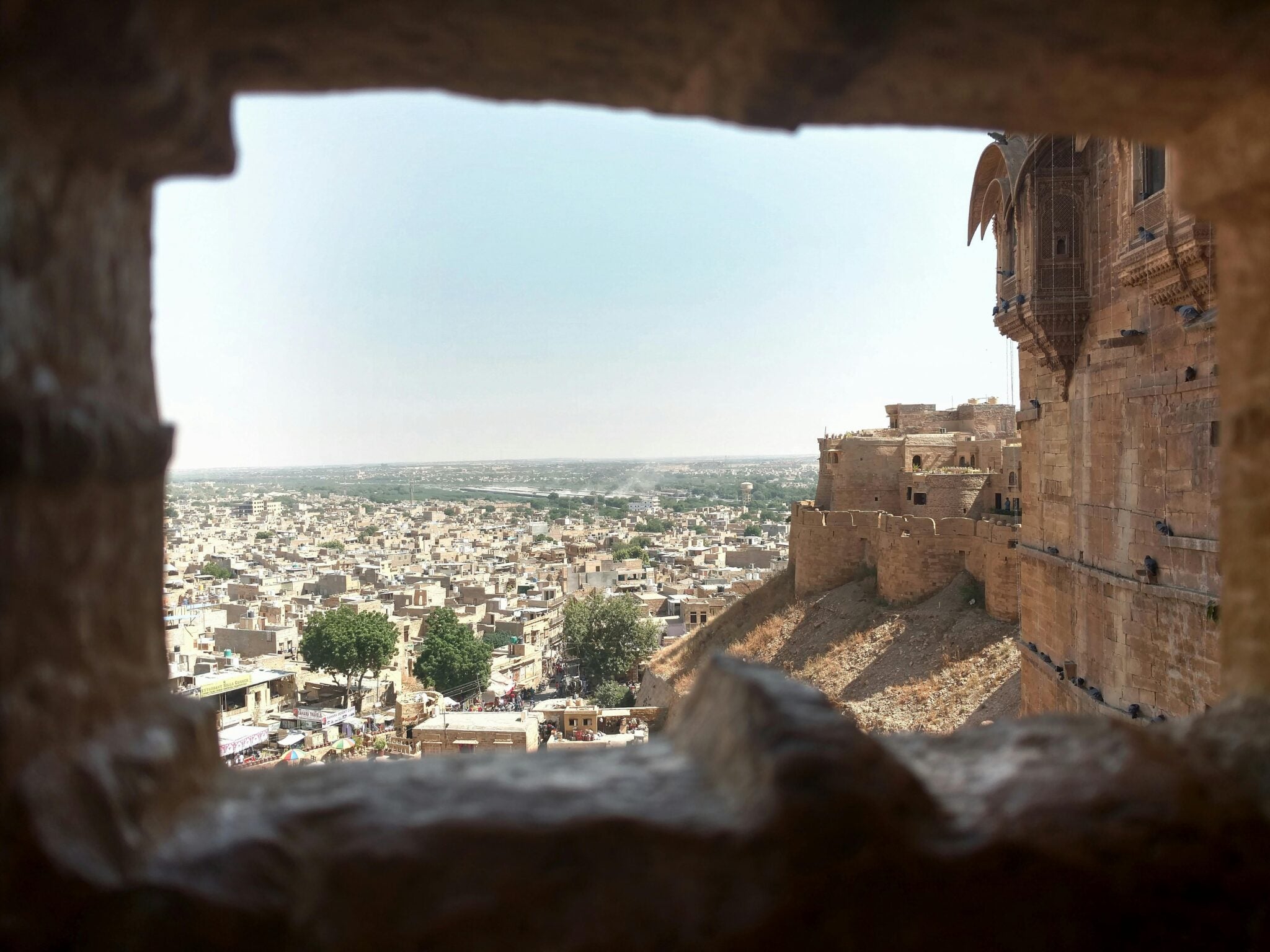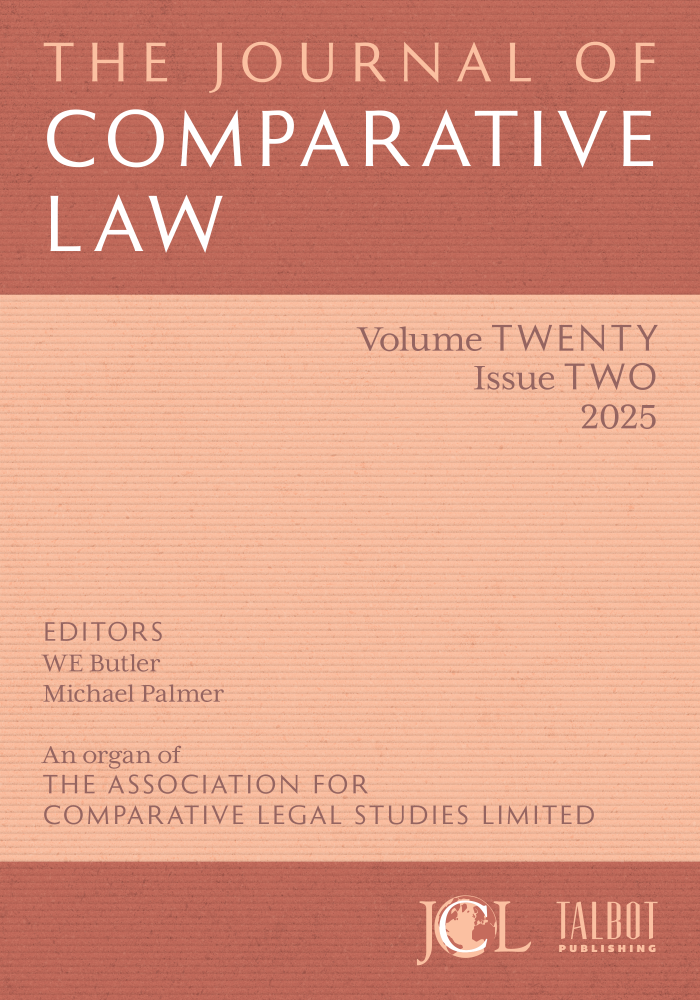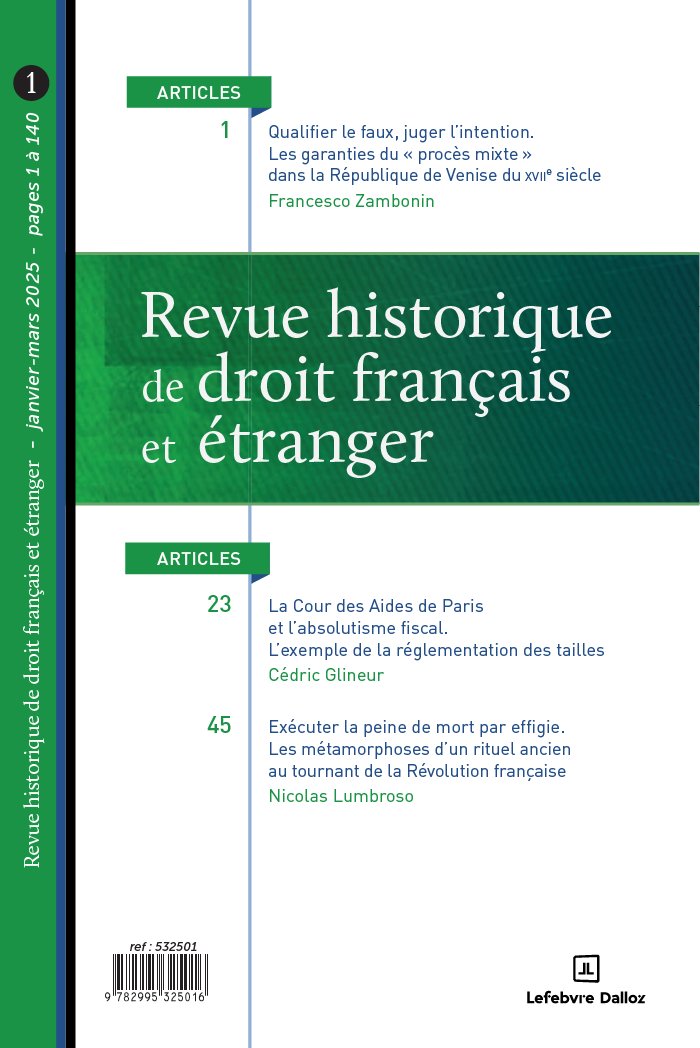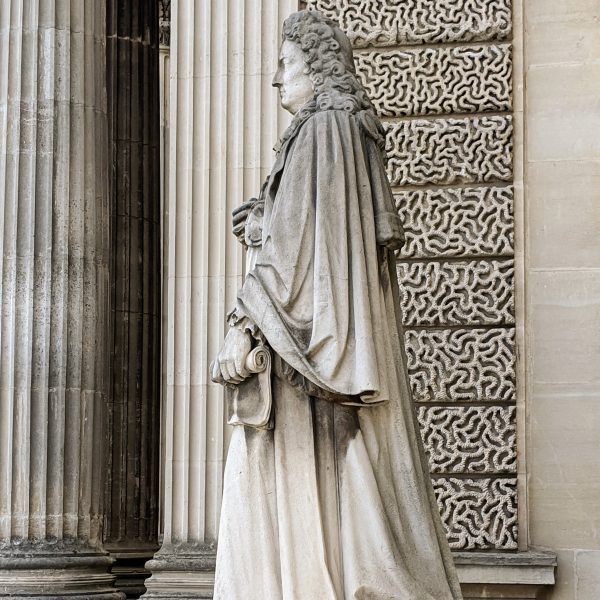(image source: Wikimedia Commons)
Lundi 15 décembre, 14 h 00, sous la présidence de Pierre-Yves Quiviger, directeur de l’UFR de philosophie, Université Paris 1 Panthéon-Sorbonne
Guerric Meylan, maître de conférences en histoire du droit, université Paris-Saclay, Les Termes de l’Alliance selon Jean Calvin : proposition de lecture institutionnelle du Décalogue (Ex., 20)
Attila Pokecz Kovacs, professeur d’histoire du droit, université nationale du service public et université réformée Károli Gáspár de Budapest, L'influence du calvinisme sur la pensée juridique européenne et la jurisprudence : le cas de la Hongrie
Fabrice Bin, professeur de droit public, Science po Toulouse, Le devoir du contribuable et la légitimité de la loi fiscale à partir de Luther et Calvin
Paolo Astorri, professeur associé d’histoire du droit, université de Copenhague, Reforming Marriage, Reforming Law: Parental Consent and the Juridical Culture of Lutheranism
Sous la présidence de Marianne Carbonnier-Burkard, maître de conférences honoraire à l’Institut protestant de théologie
Arnaud Le Gonidec, docteur en histoire du droit, université Toulouse Capitole, La condamnation de l'Eucharistie par les juristes protestants français de la seconde moitié du XVIe siècle: arguments juridiques
David El Kenz, maître de conférences en histoire moderne, université Bourgogne Europe, Les « héros de la foi » au XVIe siècle : le droit, à l’origine de la martyrologie protestante
Romain Dubos, docteur en histoire du droit, université Paris 1 Panthéon-Sorbonne, Un combat humaniste contre l'absolutisme : la Prinicipum monitrix musa d'Henri Estienne (1590)
Adrien Boniteau, docteur en théologie protestante, université de Strasbourg, Protestantisme et contractualisme : de l'alliance théologico-juridique des monarchomaques au contrat social de Thomas Hobbes
Mardi 16 décembre, 09 h 30, sous la présidence d’Anne Rousselet-Pimont, codirectrice de l’École de droit de la Sorbonne, université Paris 1 Panthéon-Sorbonne
Clara Cwikowski, enseignante contractuelle en histoire du droit, université de Toulon, La conception de la loi et du contrat dans la littérature protestante sur la tolérance civile en France au XVIIIe siècle
Alexis Verhassel, doctorant en histoire du droit, université de Montpellier, Kant et le renversement des catégories du droit romain
Florian Reverchon, professeur d’histoire du droit, université de Toulouse, Enseigner le droit canonique en terre protestante : le Kirchenrecht dans les facultés de droit allemandes (XVIIe-XXe siècle)
Julien Broch, maître de conférences en histoire du droit, Aix-Marseille université, La part protestante de l’esprit du droit républicain : Jules Simon et la doctrine de la liberté dans l’ordre
Franck Zarlenga, docteur en histoire du droit et chercheur associé à Institut d’histoire du droit, Université Paris Cité, L’influence du droit protestant sur la nature juridique de l’Église dans le processus de séparation des Églises et de l’État
Jean-Pierre Jézéquel, directeur de recherche émérite, Institut national de l’audiovisuel, Ellul protestant et juriste
14 h 30, sous la présidence de Bruno Daugeron, directeur de Centre Maurice Hauriou, université Paris Cité
Isabelle Kalinowski, directrice de recherche, UMR Pays Germaniques (UMR 8547, CNRS/ENS), Les références au droit dans L'Éthique protestante et l'esprit du capitalisme de Max Weber
Quentin Roueche, doctorant en philosophie, université Paris 1 Panthéon-Sorbonne, Le paradoxe de l'individualisme politique protestant selon le juge Jerome Frank : éléments pour une théologie réformiste et réaliste
Adrien Aracil, docteur en histoire moderne, Sorbonne université, Le régime de l’édit de Nantes peut-il être un régime juridique ? Institutions réformées et pensée juridique dans la France du premier XVIIe siècle
Cyril Selzner, maître de conférences en langue et littératures anglaises et anglosaxonnes, université Paris 1 Panthéon-Sorbonne, Droit et radicalité de la conscience : les quakers et le serment au XVIIe siècle
Gilles Dumont, professeur de droit public, université Paris Cité, Existe-t-il une science administrative protestante ?
Sylvain Bloquet, maître de conférences en histoire du droit, université Paris Cité, Protestantisme et doctrine civiliste du XIXe siècle à Jean Carbonnier
Céline Borello, professeur d’histoire moderne, université du Mans, Conclusion
Practicalities:
Salle Jean-Pierre Machelon, Faculté de Droit, d’Économie et de Gestion, Université Paris Cité (10 avenue Pierre Larousse, 92240 Malakoff)













